
Viewpoints | Feb 29,2020
May 20 , 2023
By Brook Taye (PhD)
The Ethiopian Securities Exchange (ESX) is designed to connect individuals and institutions to financial products and solutions. Like running a toll road, it will be established through a public-private partnership, with users contributing towards operational and maintenance costs, writes Brook Taye (PhD), the director general of the Ethiopian Capital Market Authority (ECMA).
In a significant development bolstering Ethiopia's financial architecture, we have launched a capital-raising campaign to set up the Ethiopian Securities Exchange (ESX). This move, reminiscent of infrastructure architects donning blue safety helmets to sketch an intricate network of roads, marks the advent of an ambitious attempt to map out a sophisticated capital market ecosystem with the Exchange as its nerve centre.
A first of its kind in Ethiopia, the Exchange is designed to connect individuals and institutions to an array of financial products and solutions. Its infrastructure emulates the complexities of a transport network, linking disparate regions through market solutions that pave the way for economic autonomy and success. Similar to running a toll road, it will be established through a public-private partnership, with users contributing towards operational and maintenance costs.
In its inception phase, the ESX offers 25pc of its ownership to public institutions and 75pc to local and foreign private sectors. The initiative promises attractive future profits and broader financial access for its investors. The long-term objective for the Securities Exchange is profit generation and income accrual, post-recovery of initial infrastructure expenses. The profits will be channelled back to the public and private investors who initially bought shares to set up the Exchange.
For individuals, the capital market presents a new landscape of investment opportunities besides their existing financial positions, such as real estate holdings or savings accounts. These markets provide diverse short- and long-term investment instruments, professional and regulated investment advice, market access, financial literacy training, and crucial information for informed investment decisions and risk considerations.
To illustrate, consider local 'Gullit' grocery store owners seeking to upgrade to a mini-mart but unable to secure a bank loan with their modest business as collateral. Their savings might depreciate in real terms, and their only alternative is depositing money in banks at a nominal seven percent interest rate. With the advent of capital markets, such individuals can explore various investment options like stocks with potentially higher returns or government debt instruments with lesser risk.
This endeavour also underscores the role of the Ethiopian Capital Markets Authority (ECMA), which is responsible for informing, educating, and protecting the public from potential risks in securities investments. It will play a crucial part in safeguarding the public from fraud and systemic threats in the market.
As a federal agency funded by the public, the Authority takes its mandate seriously. My team and I are working on a series of directives in conjunction with financial market stakeholders and the public to establish a regulatory foundation for developing Ethiopia's capital markets. We aim to translate these legal frameworks into best practices that support the creation of an orderly, transparent, and efficient marketplace, not only for Ethiopia but potentially for the broader region.
The Authority's commitment ensures that investments are protected through robust compliance, due diligence, and market surveillance mechanisms. It is steadfastly devoted to establishing a modern securities marketplace where diversified financial instruments act as vehicles for private and public capital mobilisation and risk sharing.
In a bid to prevent market intermediary failures, the Authority is also developing early warning systems and a compensation fund for investors who suffer financial losses from such failures or breaches of contractual obligations.
Since capital markets are relatively new to Ethiopia, educating the public, potential market participants and existing financial institutions is crucial. The Authority is creating investor education programs to enhance the understanding of capital market products and services. It is also working to promote accessibility to securities market trading platforms, information, and advisory services to enable informed investment decisions.
However, earning public trust is vital. We understand the necessity to demonstrate excellence in monitoring, identifying, and mitigating fraud and systemic risk in the capital market ecosystem before we can ask for the public's unreserved faith.
The Authority acknowledges the long, demanding journey of developing and regulating a capital market. Despite the numerous complex moving parts, it remains focused on prioritising essential components, fully aware that there may be inevitable mistakes along the way. However, it believes short-term setbacks can be mitigated by a willingness to learn and adapt.
The eyes of the financial world are now trained on Ethiopia as it gears up to open the trading floor of the Exchange next year officially. The country, boasting one of the world's fastest-growing economies and the third-largest GDP in Sub-Saharan Africa, is riding a wave of optimism and excitement.
Ethiopia's ability to harness opportunities at scale gives it an edge. Creating the ESX is a strategic move that could trigger a digital transformation, opening up new economic pathways. It offers a suite of innovative market solutions that grant the government, citizens, and domestic as well as international investors access to diverse financial instruments and market infrastructures.
The ESX aims to serve as a vital cog in Ethiopia's economic machinery, generating wealth and distributing it among its founding shareholders. It provides investors with a host of new financial instruments and information services. These new tools are set to create an environment of financial literacy, fostering a more engaged investor base.
Despite these opportunities, the transition to this new financial landscape is fraught with challenges. It will be upon us to oversee this monumental shift, ensuring the Authority navigates the complexities of developing a new financial infrastructure while keeping fraudulent activities and systemic risk at bay.
In this transformative phase, educating all potential market participants about the nuances of the capital market is paramount. We hope to cultivate a population fluent in capital market products and services through dedicated investor education programs.
While introducing the ESX is a landmark move in Ethiopia's financial journey, it is just the first step. When successfully delivered, the launch of the ESX could mark a new chapter in Ethiopia's economic narrative, establishing it as a significant player on the global financial stage and potentially influencing the broader region's capital market trajectory. This development underscores Ethiopia's drive to create an inclusive, progressive financial ecosystem, ready to embrace the future.
However, the success of the ESX will hinge on the Authority's ability to inspire public trust through its rigorous commitment to compliance, transparency, and investor protection- which the team and I earnestly aspire to.
PUBLISHED ON
May 20,2023 [ VOL
24 , NO
1203]
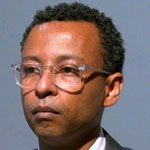

Viewpoints | Feb 29,2020

Viewpoints | Apr 15,2023

View From Arada | Mar 27,2021

Commentaries | Mar 26,2022

Radar | Dec 10,2018

Advertorials | Aug 29,2025
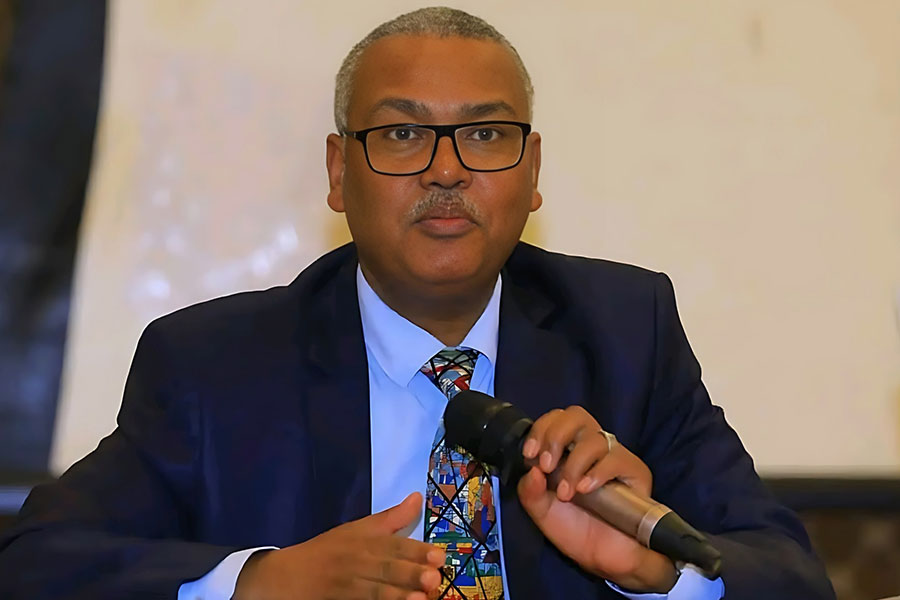
Verbatim | Aug 16,2025

Radar | Jan 21,2023
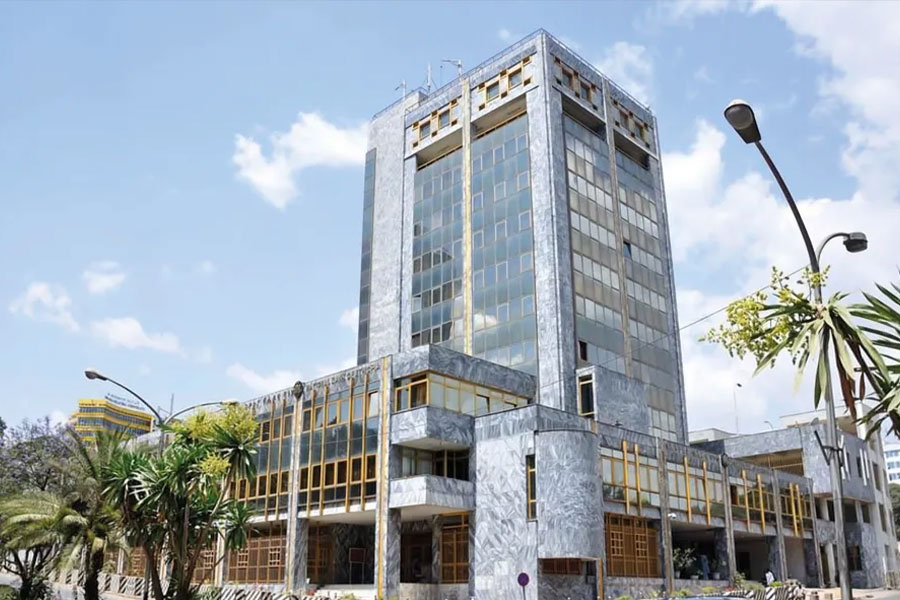
Radar | May 24,2025
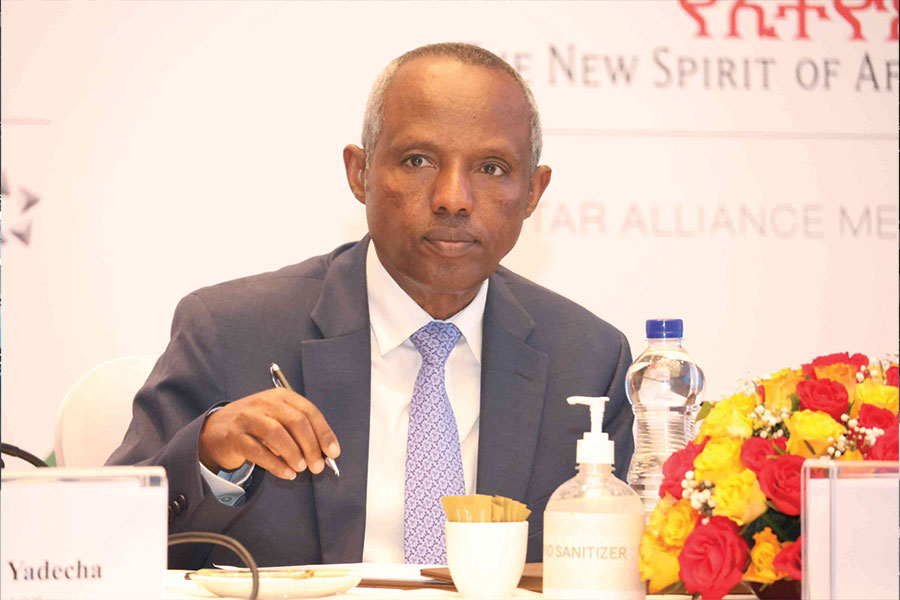
Fortune News | Aug 09,2025

Photo Gallery | 154100 Views | May 06,2019

Photo Gallery | 144352 Views | Apr 26,2019

My Opinion | 134915 Views | Aug 14,2021

Photo Gallery | 132623 Views | Oct 06,2021

Dec 22 , 2024 . By TIZITA SHEWAFERAW
Charged with transforming colossal state-owned enterprises into modern and competitiv...

Aug 18 , 2024 . By AKSAH ITALO
Although predictable Yonas Zerihun's job in the ride-hailing service is not immune to...

Jul 28 , 2024 . By TIZITA SHEWAFERAW
Unhabitual, perhaps too many, Samuel Gebreyohannes, 38, used to occasionally enjoy a couple of beers at breakfast. However, he recently swit...

Jul 13 , 2024 . By AKSAH ITALO
Investors who rely on tractors, trucks, and field vehicles for commuting, transporting commodities, and f...

Sep 6 , 2025
The dawn of a new year is more than a simple turning of the calendar. It is a moment...

Aug 30 , 2025
For Germans, Otto von Bismarck is first remembered as the architect of a unified nati...

Aug 23 , 2025
Banks have a new obsession. After decades chasing deposits and, more recently, digita...

Aug 16 , 2025
A decade ago, a case in the United States (US) jolted Wall Street. An ambulance opera...
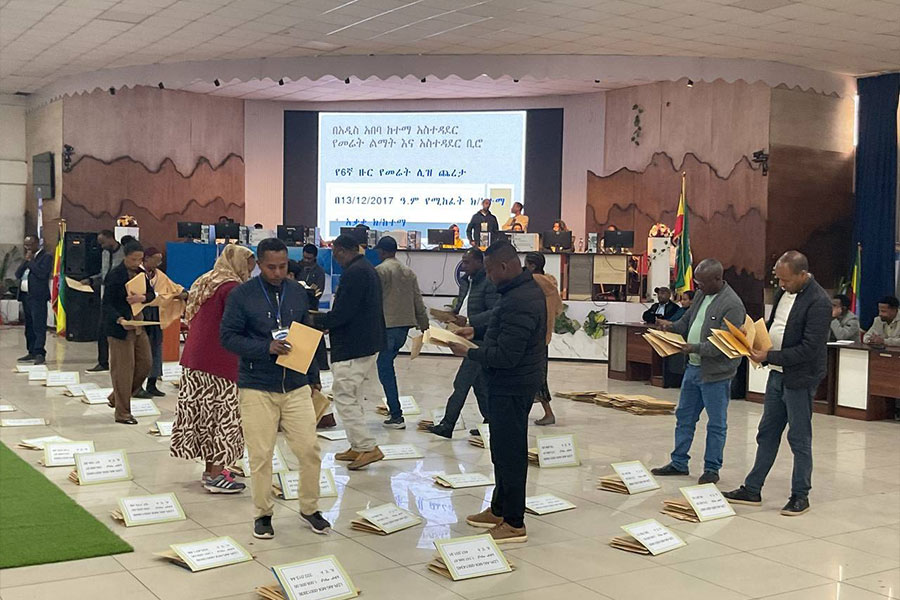
Sep 7 , 2025 . By NAHOM AYELE
Addis Abeba's sixth public land lease auctions after a five-year pause delivered mixe...

Sep 7 , 2025 . By BEZAWIT HULUAGER
Brook Taye (PhD), the chief executive of the Ethiopian Investment Holdings (EIH), is...

Sep 7 , 2025 . By BEZAWIT HULUAGER
For decades, Shemiz Tera in the Addis Ketema District of Atena tera has been a thrivi...

Sep 7 , 2025 . By NAHOM AYELE
A dream of affordable homeownership has dissolved into a courtroom showdown for hundr...